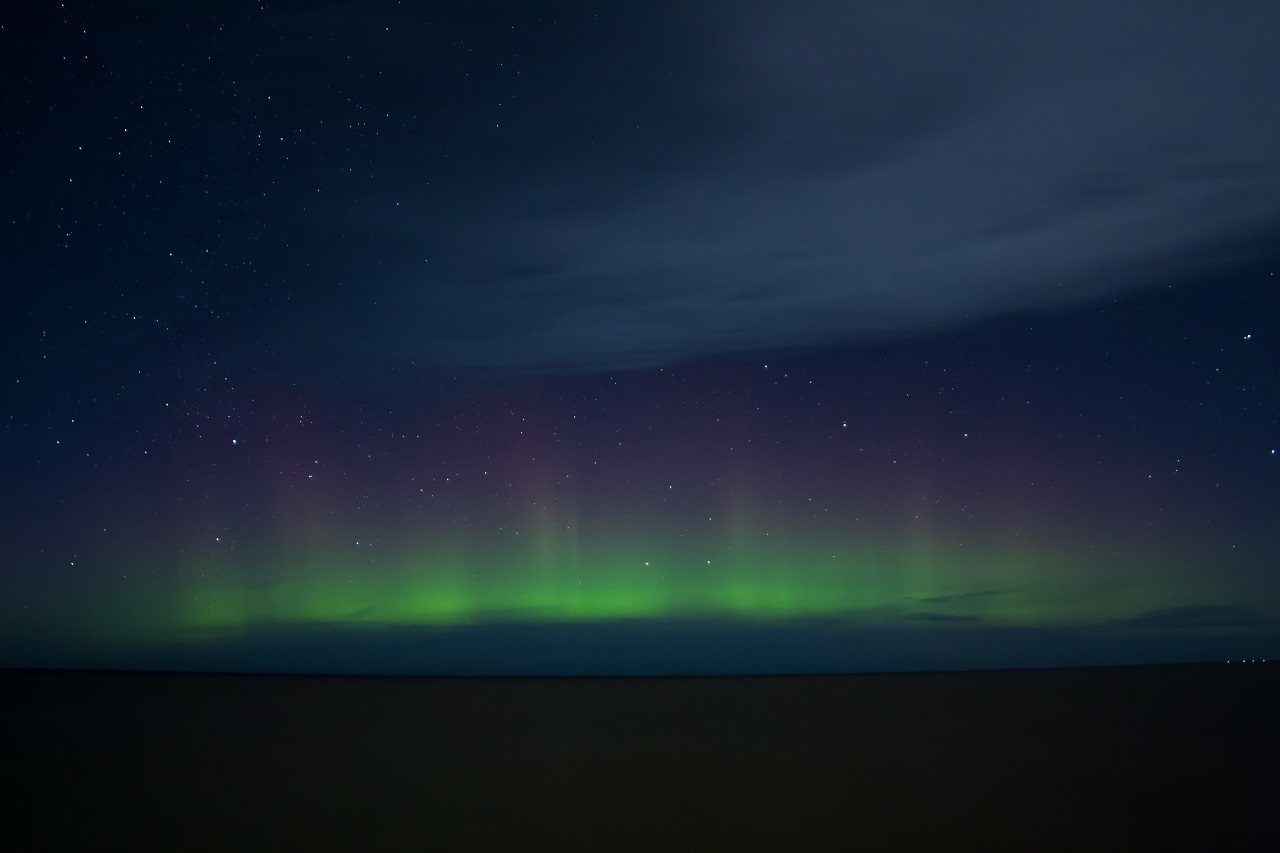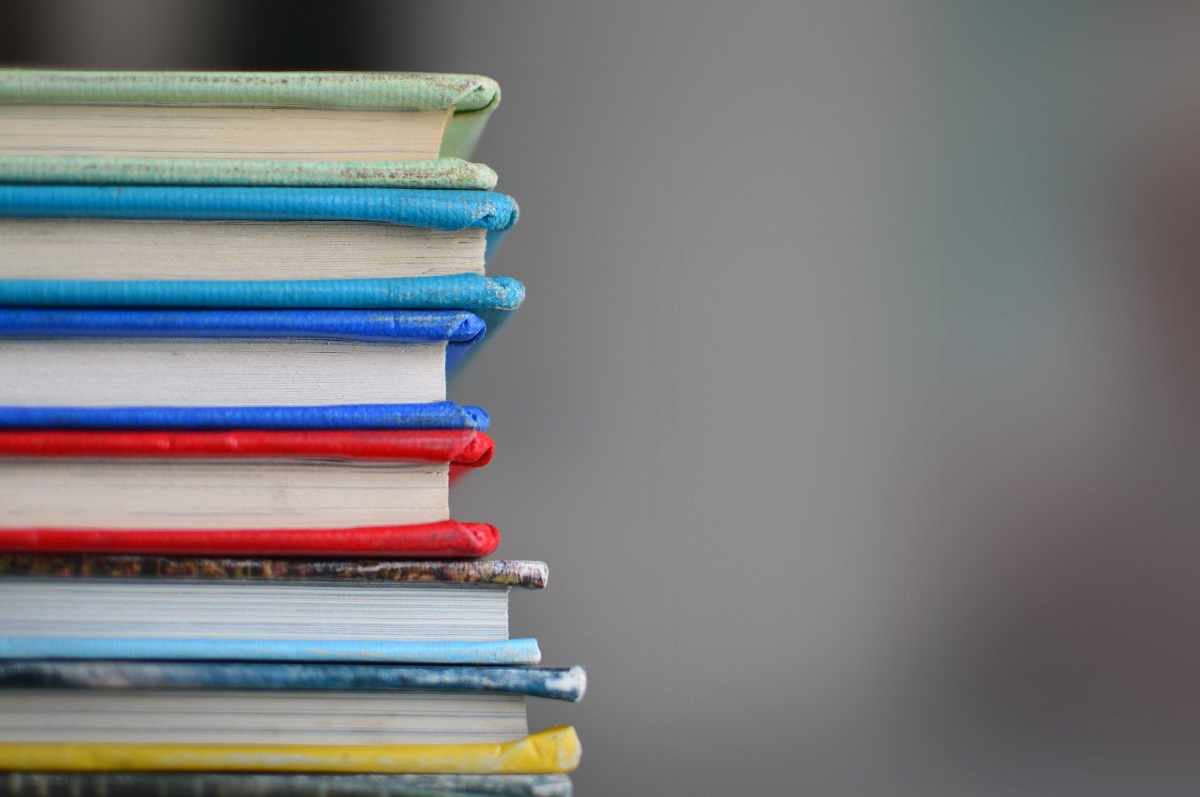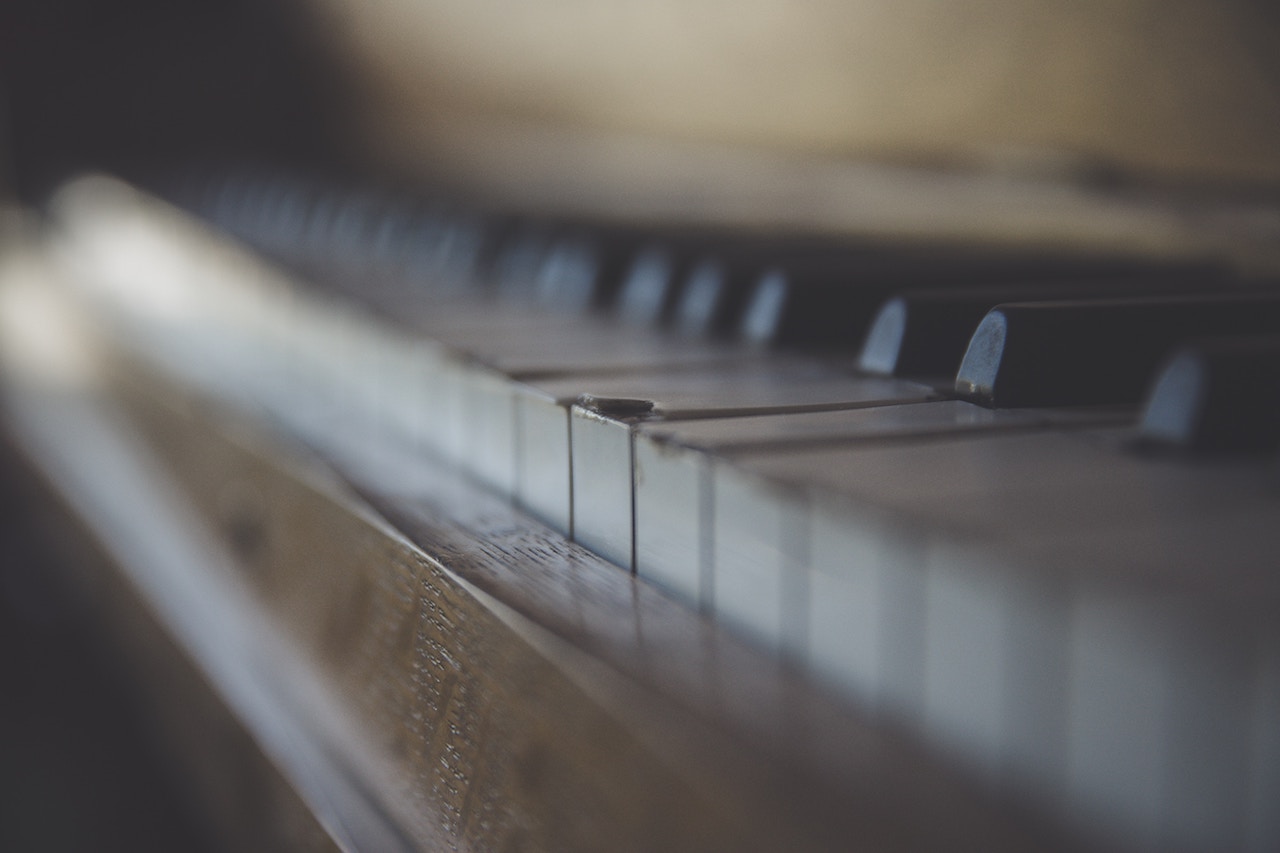Eva Heisler: “Lover’s Manual”
For November we feature Eva Heisler’s “Lover’s Manual,” which appears in Poetry Northwest Fall-Winter 2007-08 v2.n2. The poem is part of a longer series of prose poems entitled “Reading Emily Dickinson in Icelandic.” According to Heisler, “‘Lover’s Manual’ originated as journal entries written during the first three years of a nine-year period in Iceland. This was a period in which the romance and astonishments of a foreign land were challenged by the difficulties of earning a living as a foreigner. I was constantly faced with just how deeply language shapes perception and, as I struggled to learn Icelandic, the blind spots proliferated.





